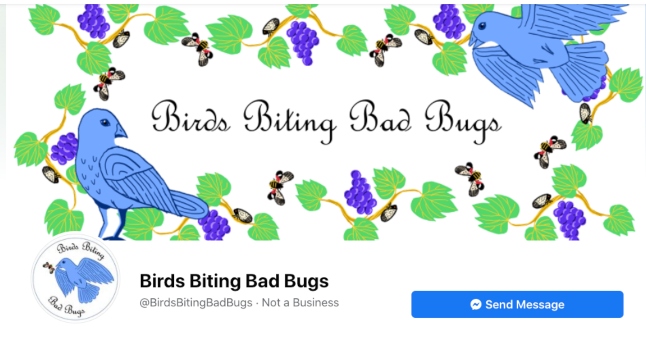Using Facebook, Penn State Scientists Search for Native Species to Combat Spotted Lanternfly

Scientists are currently searching for native species that will prey on the spotted lanternfly and help in efforts to control the invasive pest, writes Lisa Scheid for the Reading Eagle.
“Because the spotted lanternfly is a non-native insect, it doesn’t have natural enemies in the U.S. to keep its numbers in balance,” said Kelli Hoover, professor of entomology in Penn State’s College of Agricultural Sciences. “Finding predators that live in our environment would be a great biological control option and useful in guiding management practices.”
As part of the search, Penn State researchers issued a call to residents in the affected counties to send in their observations of birds eating spotted lanternflies.
And the people have answered. Birds Biting Bad Bugs Facebook page has had hundreds of responses as well as thousands of shares.
One responder noticed that his mallard ducks would gobble up spotted lanternfly nymphs for months, and then toward the end of August, started spitting them out.
What changed is one of the questions researchers are hoping to answer. Currently, they are looking at the insect’s preferred diet as the possible culprit.
Read more about spotted lanternfly at the Reading Eagle by clicking here.
You Might Also Like
Natural Predators Might Lead to Lanternfly Demise
Spotted Lanternfly Trap Nabs Local Teen National Science Fair Award
Deeper Look into Penn State Research on Natural Predators of Spotted Lanternfly
Join Our Community
Never miss a Delaware County story!
"*" indicates required fields



























![95000-1023_ACJ_BannerAd[1]](https://delco.today/wp-content/uploads/sites/3/2023/03/95000-1023_ACJ_BannerAd1.jpg)




